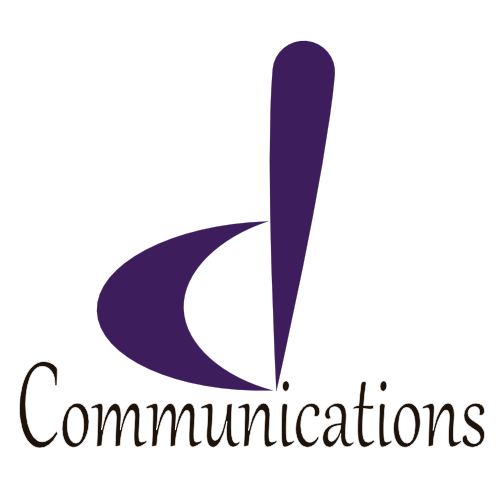
As an entrepreneur and independent consultant, each week, I get to meet people from different horizons, and we often talk about the importance of communications and of a communication plan. This blog focuses on what a communication plan can do for you. It also offers insights to make your communication plan effective.
Why is a communication plan important?
A communication plan sets your intentions, then details and structures the approach you will take to communicate with your stakeholders and audiences about your company or a specific initiative. It can be short or long-term.
Communication plans are typically developed to launch important initiatives such as a new employee benefit program, to unveil a new product or innovation, or to prepare for an important positive or negative change or event,. Large companies usually have a yearly or multi-year communication plan to ensure they respect their transparency duties through proper communications to appropriate audiences about their key programs, projects, commitments, and results.
A plan allows everyone involved to act in a coordinated way and to share consistent messages in order to achieve the intended results.
Who needs a plan?
The need for a communication plan will be determined by the scale or impact of the opportunity or challenge to be addressed. Let’s say you are planning small renovations at your site that have little to no impact on site access or people at and around your site; you do not need a plan. You simply need to inform your employees, suppliers and visitors of the temporary inconvenience and share how it will benefit everyone.
If you are planning to close the site temporarily for a major renovation, then you need a plan as the project now impacts important stakeholders such as your employees, neighbours, suppliers, municipality and customers. A plan will ensure everyone gets the right information at the right time and through the right channels. This is important if you expect anyone to take specific actions and if you want to manage your reputation.
How do you ensure your plan is effective?
The development of a communication plan is a collaborative process aiming at improving and refining each version of the document until all needed input is integrated. Your plan must be based on thorough research and be aligned with your company’s strategy, business objectives, values and culture.
Your plan should include the following:
- An overview of the opportunity or challenge you are addressing;
- Your research and analysis (methodology and results);
- Your communication goals and objectives;
- The stakeholders/audiences targeted;
- The approach you recommend using to ensure the success of the plan. The approach should take into account challenges and opportunities that may arise along the way;
- The key messages for each audience;
- The tactics and tools to reach each audience;
- The budget and resources needed to deploy the plan;
- A timeline of activities and who will do what;
- How progress and success will be measured,
Recognizing that our actions today will have an effect on tomorrow, I strongly believe that a plan must also include a sustainable view of the organization, even if it supports a short-term initiative. Let’s use our example of a major renovation again; you should determine if and how the project will impact your business in the long-term and provide a recommendation to manage this long-term impact. You should also ensure that any commitment made during the project is maintained and followed through. For instance, your renovation may create tensions with your neighbours which you will need to manage beyond the end of the project. Your plan should include solutions to address this beyond the project, should the risk materialize.
Developing a plan takes time and should not be left to the last minute. You will need time to research, time to consult, time to analyze, time to reflect, time to validate, time to create and time to refine. If your plan requires approval or review by other stakeholders, you will need even more time. If you anticipate an important project or issue, do not wait until the last minute to start planning. The earlier you get started, the more effective you will be as you will have anticipated and prepared for various scenarios. This is particularly important if you are at risk for a negative event.
Once finalized and approved, the plan must be shared with the people who will help deploy it for full alignment.
If you need help creating or finalizing your communication plan, D. Communications will be glad to help you.

Comments are closed, but trackbacks and pingbacks are open.